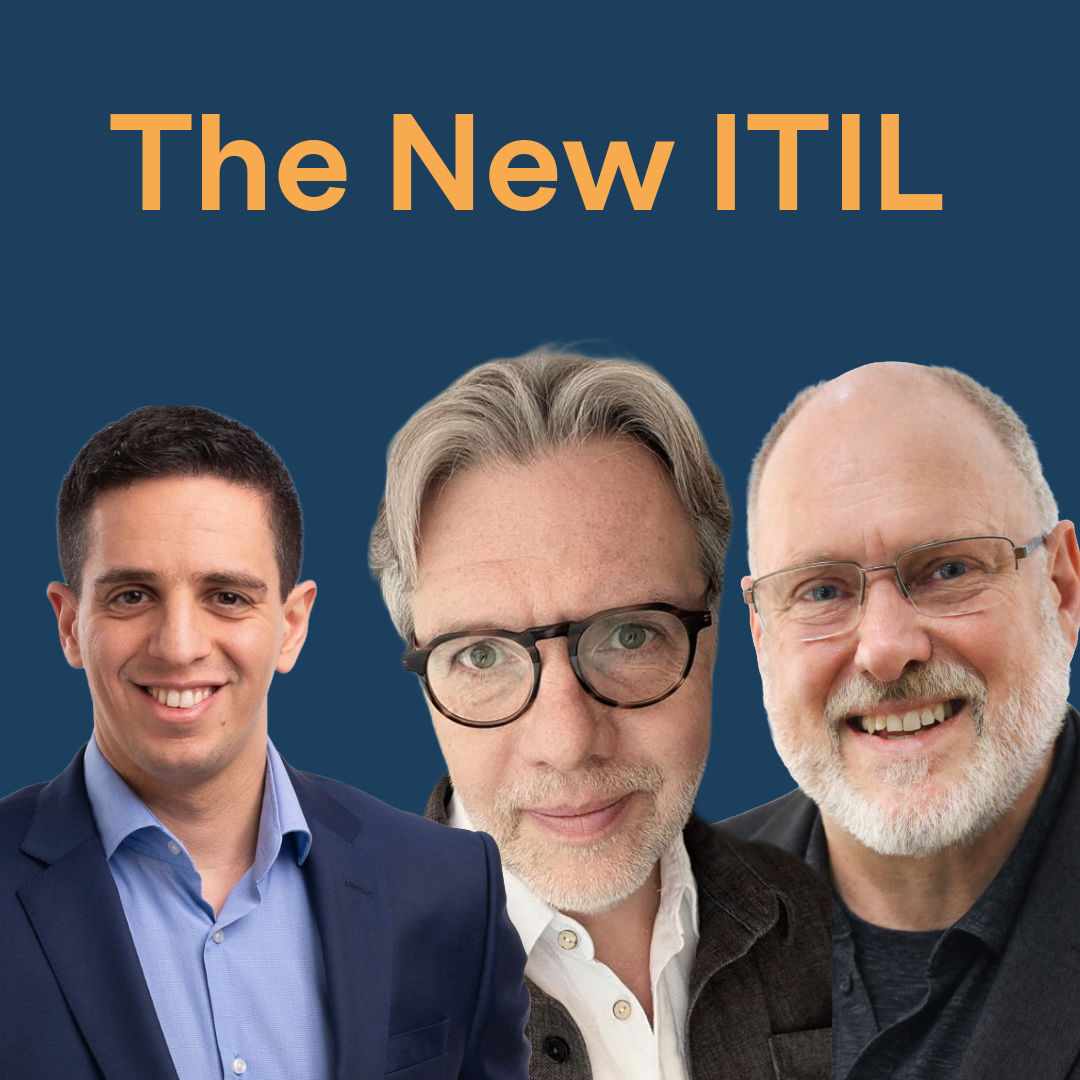Seminarinhalt
Programm
- IntelliJ AI-Setup: Dependency Management, Artifact-Repositories
- ChatGPT-Plugin für IntelliJ vs. ChatGPT-Webversion
- IntelliJ AI Assistant vs. Inline-AI-Coding
- AI-Themen: AI, ML, LLM, NLP, Generative AI, GPTs
- Einsatz von AI in der Softwareentwicklung
- Einordnung von LLMs in Enterprise-Anwendungen
- Überblick über LLMs & Chat-Modelle
- Einstieg in Spring AI, Integration in Spring Boot
- Spring-AI-Setup (BOM, Starter, AutoConfig)
- Verstehen von Prompt Injection,
- Few-Shot, Zero-Shot, Chain-of-Thought,
- Prompt-Strategien: Q&A, Pro/Con, StepwiseChain
- Structured Output: OutputParser, JSON-Mapping,
- SimpleLoggerAdvisor, und Custom Advisor Sample
- Microservice-Architekturen mit LLM-Integration
- Spring AI `ChatClient` API als zentrale Schnittstelle
- Unterstützung von Prompt-Komposition, `call()`,
- `stream()`, Rollen (`user`, `system`, `assistant`)
- Spring AI `ChatClient`: Streaming Model: Statt einer vollständigen Antwort nach
Verarbeitungsende wird hier die Botschaft der KI stückchenweise übertragen.
- Tool-Integration mit `@Tool`,
- Allowing AI applications to augment their capabilities
- Ablauf: Modell → Tool-Auswahl → Ergebnis Integration
- integrate realTime API
- The Model Context Protocol (MCP) is a standardized protocol that enables AI models
to interact with external tools and resources in a structured way.
RAG – Retrieval Augmented Generation
- Konzept: Daten + Kontext → intelligente Antwort
- Vector Databases (Pgvector),
- Document Loaders & ETL Pipelines
- Chat Memory zur Konversationspersistenz
- Einführung in Agentenlogik: Decision Making, Agentic Loop
- ChainWorker
- OrchestratorWorker
- ParallelWorker
- Effektive Agenten bauen, Modellgesteuerte Workflows
- Vorteile: Datenschutz, Kosten, Offlinefähigkeit
- Testcontainers & Mocking generativer Antworten
Zielgruppen
- Java Programmierer*innen



